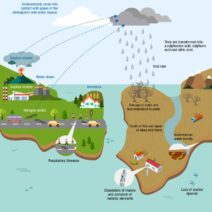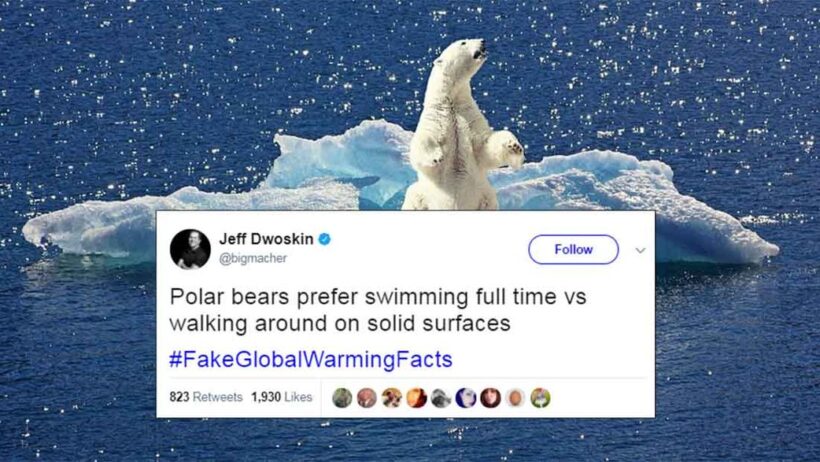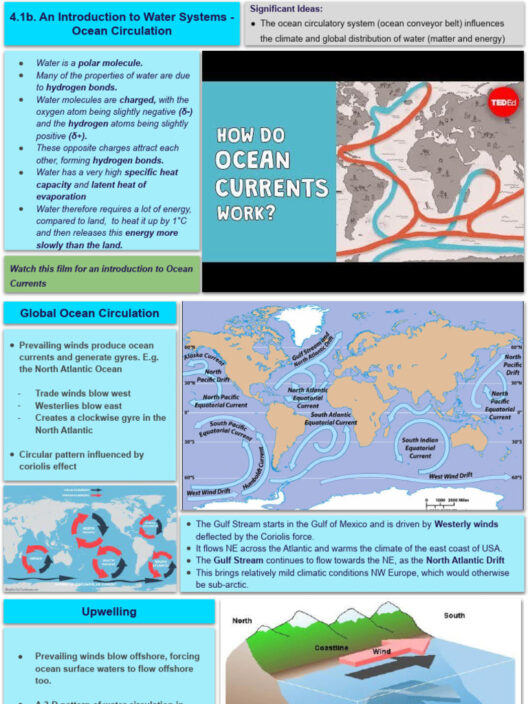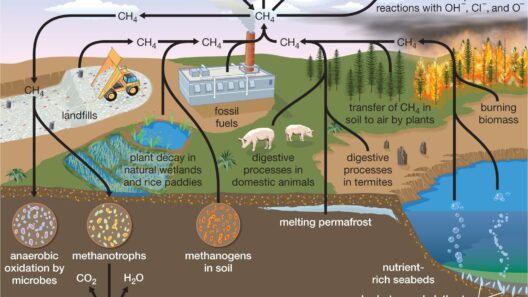In the contemporary discourse on climate change, few institutions carry as much weight as NASA. The agency’s assertions, based on meticulous research and empirical data, have frequently served as a foundation for understanding the intricate phenomena associated with global warming. In recent years, a myriad of voices have emerged, seeking to undermine the consensus on climate change. This article endeavors to explore whether NASA has confirmed or denied global warming, elucidating the factual backdrop of this critical issue.
To appreciate NASA’s role in climate science, it is essential first to grasp the scientific consensus regarding global warming. The overwhelming majority of climate scientists agree that the Earth is experiencing a steady increase in temperatures, predominantly attributable to human activities. This conclusion is not merely anecdotal; it is grounded in rigorous studies spanning decades, utilizing advanced technologies and methodologies. The question, then, is how NASA fits into this intricate puzzle.
NASA, the National Aeronautics and Space Administration, has been at the forefront of climate research. Equipped with cutting-edge satellites and sophisticated instruments, the agency has amassed a compendium of data that tracks Earth’s climatic changes. Instruments like the Atmospheric Infrared Sounder (AIRS) aboard the Aqua satellite provide invaluable insights into atmospheric temperatures, while other missions monitor polar ice, sea level, and greenhouse gas concentrations. In this sense, NASA has not only confirmed the realities of global warming but has also expanded our understanding of its mechanisms and ramifications.
One of the most striking pieces of evidence comes from NASA’s Goddard Institute for Space Studies, which has meticulously documented the rise in global surface temperatures since the late 19th century. Their datasets confirm an increase of approximately 1.2 degrees Celsius since pre-industrial times, a figure that starkly illustrates the urgency of addressing climate change. Moreover, the agency’s visualizations, including graphical representations of temperature anomalies, depict a globally interconnected ecosystem reacting to anthropogenic pressures.
NASA has consistently conveyed that climate change is not merely a theoretical construct but a pressing reality evidenced by observable phenomena. The melting of polar ice caps, rising sea levels, and increasingly violent weather patterns serve as alarm bells signaling the dire consequences of inaction. From the perspective of scientists at NASA, the data unequivocally affirms the transformative impacts of anthropogenic greenhouse gas emissions. Hence, the narrative asserting that NASA denies global warming is fundamentally inaccurate.
However, it is imperative to understand why some individuals cling to the notion that global warming is a myth. Misinformation plays a substantial role; various groups, often financially motivated, perpetuate fallacies that challenge the scientific consensus. These skeptics frequently misinterpret data or quote scientists out of context, creating an illusion of doubt where none exists. NASA’s robust scientific findings, articulated clearly through various platforms, serve to dismantle such myths.
Key to this discourse is the concept of accountability. Organizations like NASA emphasize the necessity for governments and corporations to acknowledge their role in climate degradation. Through public outreach, NASA fosters an awareness of climate issues, encouraging individuals to become stewards of the environment. This community-centered approach promotes not only compliance with scientific findings but also active participation in conservation efforts.
In addition to its research activities, NASA collaborates with international partners to facilitate a global response to climate change. Initiatives such as the Global Climate Change initiative pool resources and expertise to tackle this ubiquitous challenge. This collaborative spirit underscores the agency’s commitment to enhancing understanding, driving innovation, and ultimately galvanizing action against climate change.
A significant milestone in NASA’s narrative is the launch of various missions aimed explicitly at Earth observation. The Sentinel satellites, launched under the Copernicus program, function alongside NASA’s Earth Observing System satellites to monitor intricate changes in the climate system. These technological marvels provide a wealth of data that is publicly accessible, empowering researchers, policymakers, and citizens to engage with climate science actively.
Another critical aspect is the role of public perception in shaping the climate narrative. There remains a deep-seated skepticism amongst certain demographics regarding climate science, often rooted in social and political ideologies. NASA endeavors to combat this skepticism by presenting clear, visual data that resonates with diverse audiences. The agency’s dedication to transparency and education aims to transform entrenched beliefs, fostering an informed populace capable of grasping the urgency of climate action.
Moreover, NASA’s declaration of a climate crisis extends beyond simple acknowledgment. The agency advocates for significant policy changes aimed at reducing global carbon footprints. They emphasize the need for transitioning to renewable energy sources, enhancing energy efficiency, and investing in sustainable practices. By framing climate change as a complex challenge requiring multifaceted solutions, NASA encourages collaborative endeavors across industries and borders.
In conclusion, the narrative surrounding NASA and global warming is one of affirmation rather than denial. The agency has unequivocally confirmed the existence and progression of climate change through its extensive research initiatives. Viewing this issue through an informed lens reveals not only the scientific accuracy behind NASA’s findings but also the impactful role the organization plays in addressing one of humanity’s most pressing challenges. The truth lies not in denial, but in the empowering call to action required to address climate change for future generations.
As we absorb the gravity of climate change, let us shift our perspective and recognize the veracity of NASA’s commitment: an unyielding quest for knowledge that advocates for our planet’s future. The truth is clear, and it beckons us to engage, to learn, and to act.








